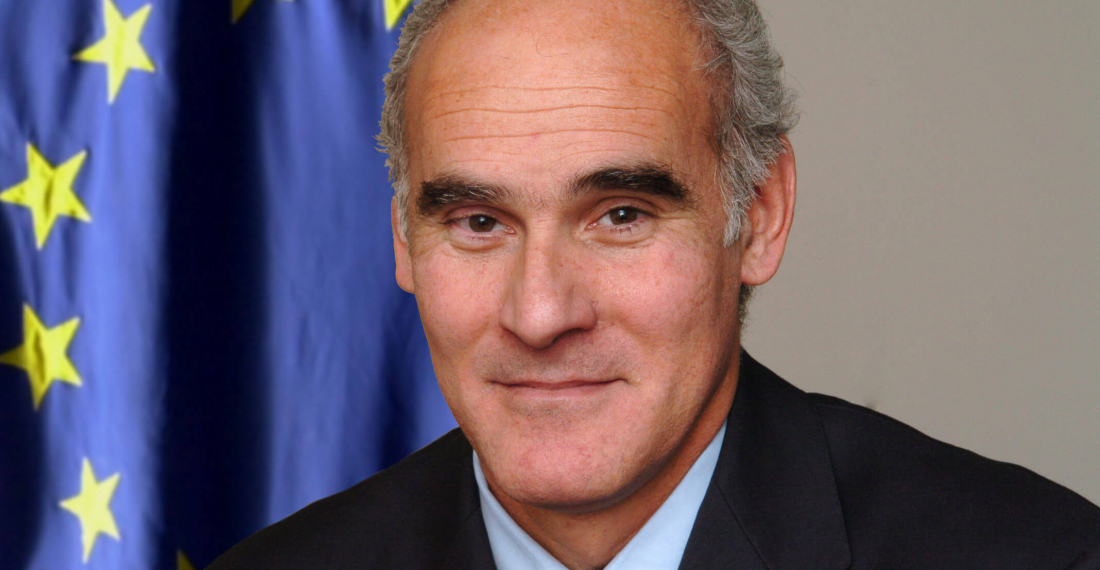A row has broken out over the status of the European Union’s new ambassador to the United Kingdom. The British Foreign, Commonwealth and Development Office has indicated that the incoming EU ambassador to the UK, Portuguese Diplomat Joao Vale de Almeida, will not be given the full diplomatic status of an ambassador from a sovereign nation, insisting that he and his team should instead be given the reduced status of a diplomats from an international organisation.
This decision defies the convention adopted by every other state, of granting the EU Ambassador full diplomatic status. In each of the EU’s 142 delegations – equivalent to diplomatic missions – around the world, its staff have been bestowed such rights. The Vienna Convention of 1961 grants various privileges to diplomats, such as immunity from detention, criminal jurisdiction and taxation. The staff of International Organisations, however, are subject to separate rules, agreed on an ad hoc basis between the organisation and the country.
In a letter to UK’s Foreign Secretary, Dominic Raab, the EU’s High Representative for Foreign Affairs and Security Policy, Josep Borrell, has expressed “serious concern” over the matter. The BBC reports EU Officials calling the UK’s decision petty and hypocritical, due to the fact that it signed the Lisbon treaty in 2009, when it was a member, granting EU diplomats “privileges and immunities equivalent to those referred to in the Vienna Convention”.
The spat has been lambasted on twitter by many, including those within the UK's governing Conservative party:
This is simply petty.
— Tobias Ellwood MP (@Tobias_Ellwood) January 21, 2021
Biden commits to strengthening alliances and we engage in silly spats which will not help strengthen security and trade cooperation.
We are better than this. pic.twitter.com/m9CwG7YZga
Speaking on the matter, a UK Foreign Office spokesperson stated:
"Engagement continues with the EU on the long-term arrangements for the EU delegation to the UK. While discussions are still ongoing, it would not be appropriate for us to speculate on the detail of an eventual agreement."







